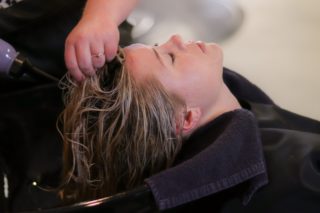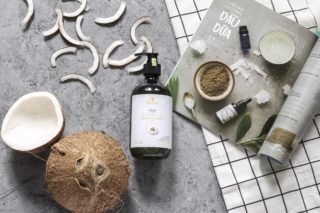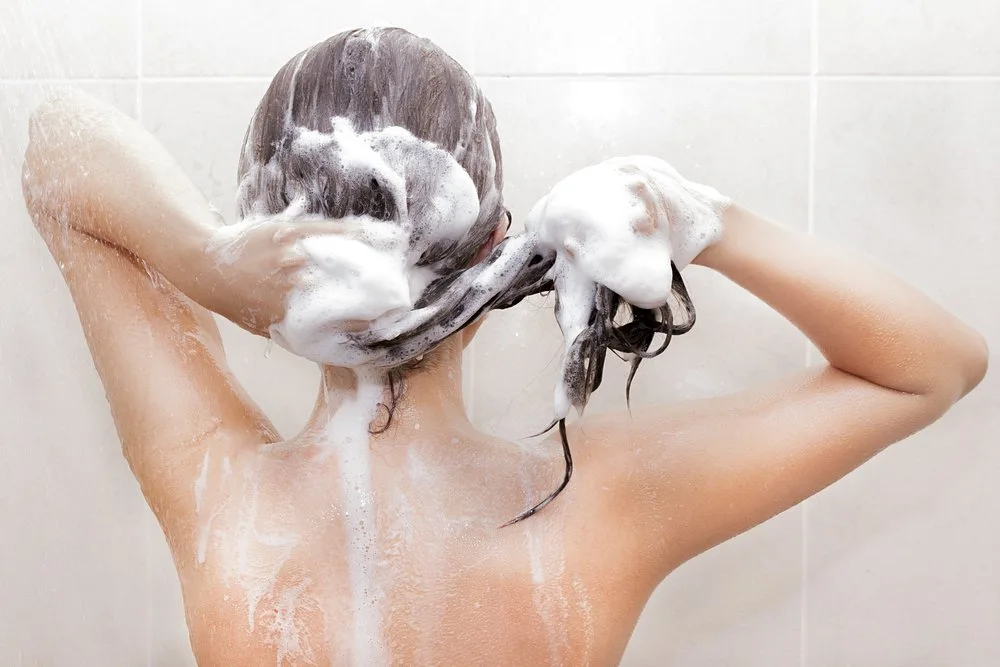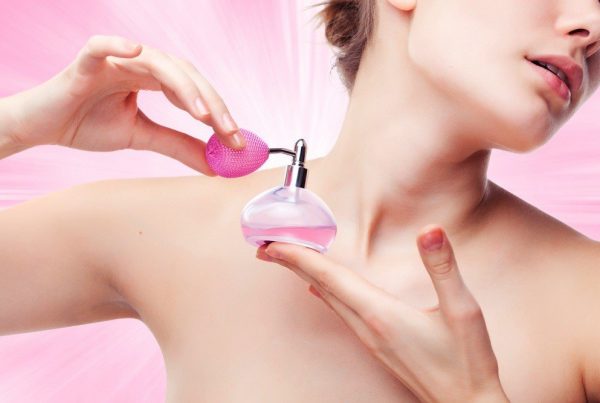As an industry, hair is major, to say the least. Every year, hundreds of new products are released, all with the promise of amounts of products that will deliver thick, luxurious and envy-worthy hair. While shampoo and conditioner may be great for the look and feel of your hair, the ingredients some of them often contain could be hazardous to your health. Toxic ingredients can lead to scalp damage and even disease in the long-run.
I’m guessing, like most of us, that you’ve never read the ingredients enlisted at the back of your shampoo bottle; the lovely promises listed in the front of the bottle served as enough to make a sale. And maybe, even if you did, you probably wouldn’t know what to look out for. Here we provide all the information you may need to make an informed choice and protect your health.
Key Ingredients/ Formulas
Surfactants are smart chemicals that decrease the tension between liquids. Surfactants called Sodium Laurel Sulfate (SLS) and related compounds are the biggest hazard to watch out for in shampoos. SLS (which also happens to be an insectiside) also has many derivatives that may feature in your shampoo.
These include: Sodium Laureth Sulfate (SLES). DEA, TEA or MEA.
Without getting too technical, which is probably why we don’t read the fine print on labels in the first place, the above are in fact very toxic chemicals that can, in the long run, have awful effects on the health of your hair and body.

Typically, the average shampoo’s ingredients contain about 50% of Sodium Laurel Sulfate to some 40% of water. On top of which are a list of ingredients that, to the average consumer, read like an advanced chemistry book.
What Are The Effects?
Research has shown that SLS can cause terrible harm to you including messing with your immune system, as well as affecting the derma’s ability to maintain moisture. And whilst helping in leaving your hair satisfyingly clean, SLS strips your hair of its natural oils. Click here to find out more about this ingredient.
They also cause:
- liver damage
- skin rashes
- depression
- diarrhea
- eye damage.
Other ingredients typically added in shampoo are fragrances. Which, whilst they may be highly satisfying in that they leave your hair smelling absolutely delightful, may leave your organs intoxicated and clog your lymphatic system. Phenoxyethanol is a preservative that also causes toxic organs, and is unfortunately used in many other cosmetic products as well.
How To Avoid This?
Using organic products is probably the only way of avoiding harmful products. Made with natural ingredients, organic shampoos leave your hair just as clean as any other products, without stripping your hair form its natural oils. Organic shampoos also introduce your hair to its ingredients far more gently than non-organic products.
Shampoos that contain Aloe Vera and coconut oil assist in providing your hair with a natural moisture and healthy shine, whilst organic tea tree shampoo products assist perfectly with dandruff and scalp dry-ness.
Want to know more?
If you have been unaware of which chemicals your hair and scalp have been in contact with, now is the time to cleanse it and start with a fresh scalp and tresses. With these resolutions we’ll help you detox your hair and take up new habits that will maintain the health and life of your hair throughout the rest of the year. Click here to find out what should be on your radar on this.



![women [longevity live]](https://longevitylive.com/wp-content/uploads/2020/01/photo-of-women-walking-down-the-street-1116984-100x100.jpg)










